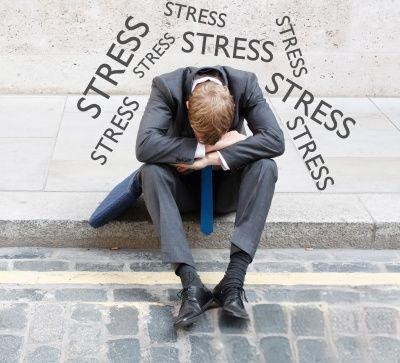Introduction
Mental stress has become a pervasive issue in modern society, affecting millions worldwide. As people seek natural and holistic methods for managing stress, acupuncture has gained popularity. Rooted in Traditional Chinese Medicine (TCM), acupuncture is an ancient practice that involves inserting fine needles into specific points on the body to restore balance and promote healing. By stimulating specific acupuncture points (acupoints), practitioners aim to restore the proper flow of Qi, thereby addressing various health concerns, including mental stress.
Mechanisms of Acupuncture in Stress Reduction
- Neurotransmitter Regulation: Acupuncture influences the release of neurotransmitters such as serotonin and endorphins, which play a crucial role in mood regulation. Increased levels of these chemicals can lead to improved mood and reduced anxiety.
- Hypothalamus-Pituitary-Adrenal (HPA) Axis Modulation: The HPA axis is a central stress response system. Acupuncture has been shown to modulate the HPA axis, reducing the release of stress hormones like cortisol and helping the body respond more effectively to stress.
- Autonomic Nervous System (ANS) Balance: Stress often causes an imbalance in the ANS, leading to an overactive sympathetic nervous system (fight-or-flight response) and an underactive parasympathetic nervous system (rest-and-digest response). Acupuncture can help rebalance the ANS, promoting relaxation and reducing stress-related symptoms.
- Blood Flow and Circulation: Improved blood flow and circulation, particularly to the brain, can enhance cognitive function and emotional well-being. Acupuncture stimulates vasodilation and increases oxygen supply, which can help alleviate the physical manifestations of stress.
Benefits of Acupuncture for Mental Stress
- Reduced Anxiety and Depression: Numerous studies have demonstrated acupuncture’s effectiveness in reducing symptoms of anxiety and depression. Patients often report feeling calmer and more balanced after treatments.
- Improved Sleep Quality: Stress often disrupts sleep patterns. Acupuncture can help regulate sleep by addressing underlying imbalances and promoting relaxation.
- Enhanced Emotional Well-being: Regular acupuncture sessions can lead to a more stable mood, increased resilience to stress, and an overall sense of well-being.
- Physical Symptom Relief: Stress frequently manifests in physical symptoms such as headaches, muscle tension, and digestive issues. Acupuncture can alleviate these symptoms, contributing to a holistic sense of relief.
Conclusion
Acupuncture offers a holistic approach to managing mental stress, targeting both the mind and body. By restoring the flow of Qi, regulating neurotransmitters, and balancing the autonomic nervous system, acupuncture can effectively reduce stress and improve overall well-being. As more people seek natural and integrative therapies, acupuncture stands out as a valuable tool for addressing the multifaceted nature of mental stress. Whether used alone or in conjunction with other treatments, acupuncture provides a path to healing and balance in a stress-filled world.
If you would like to learn more about this, please reach out to us, as we offer complimentary consultations! This treatment option is offered by Helen Reardigan and Xianmin Yu, our experienced Practitioners.

